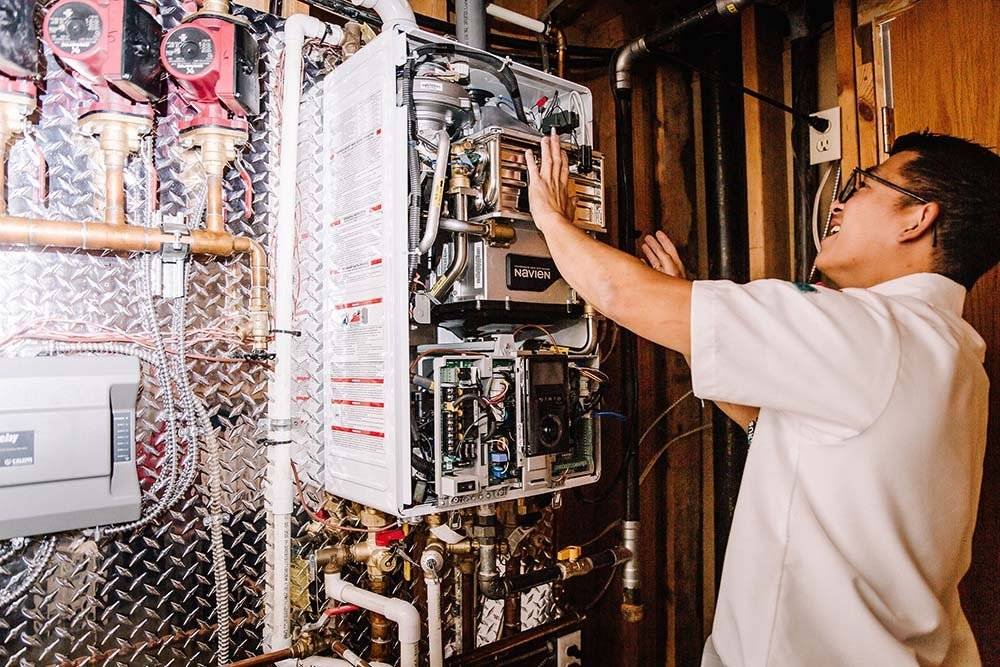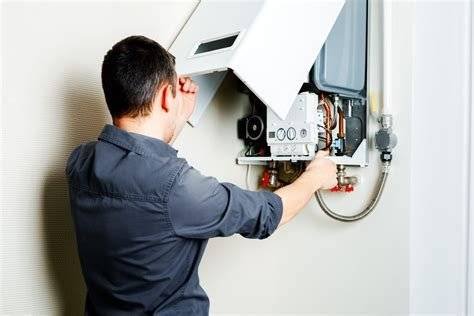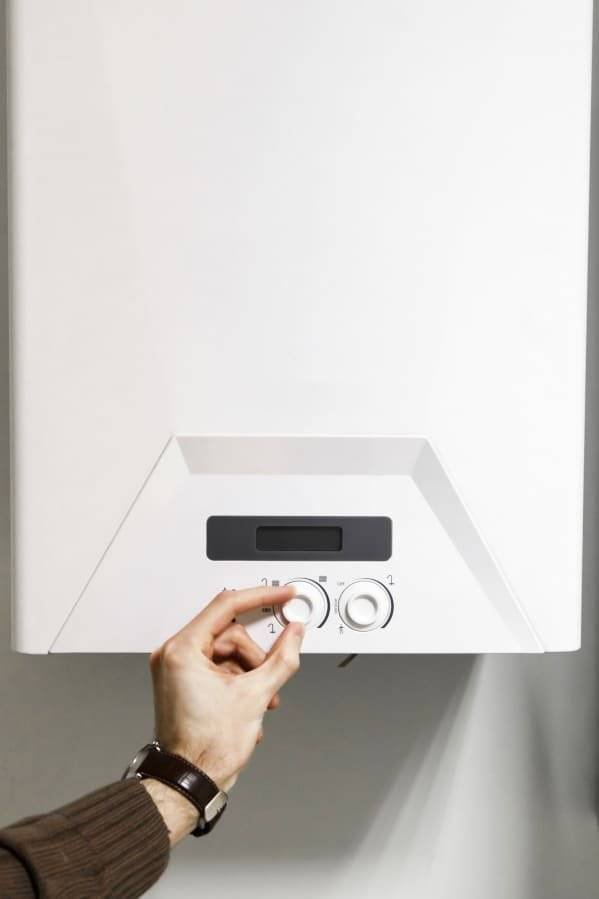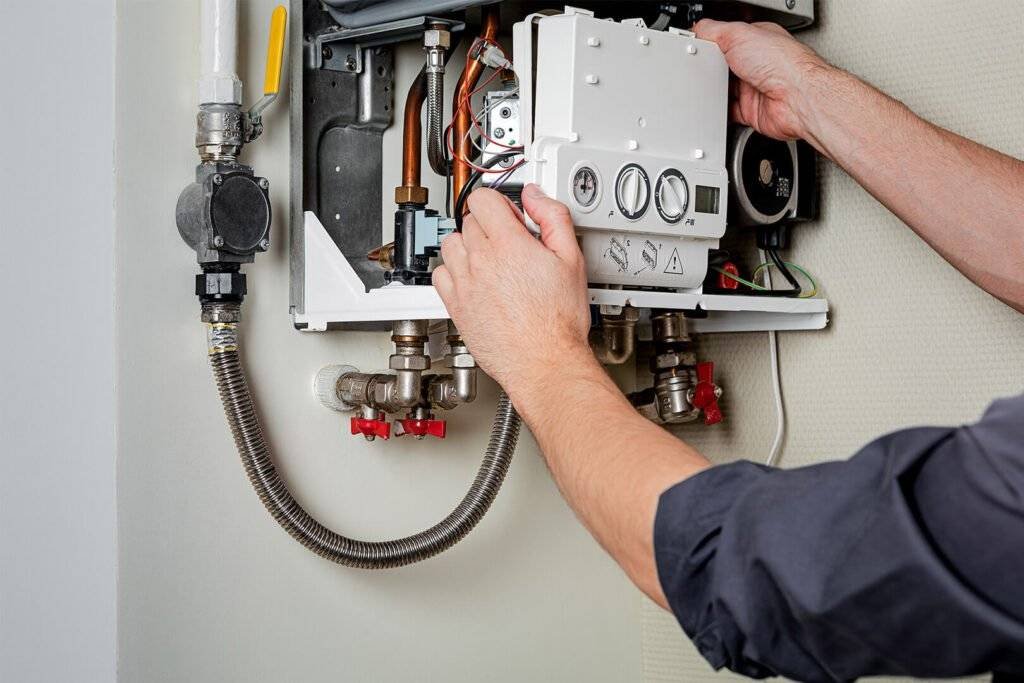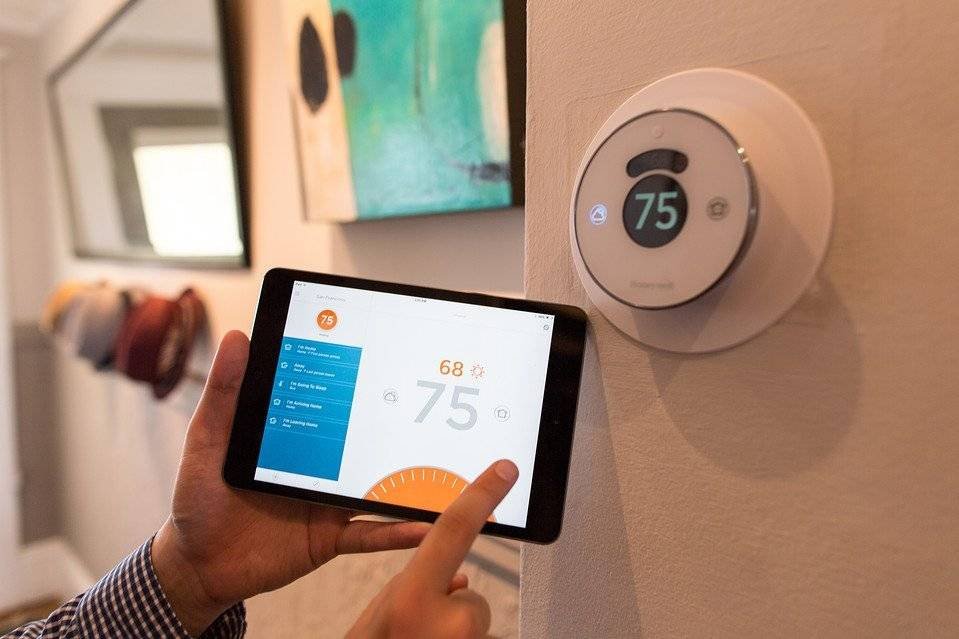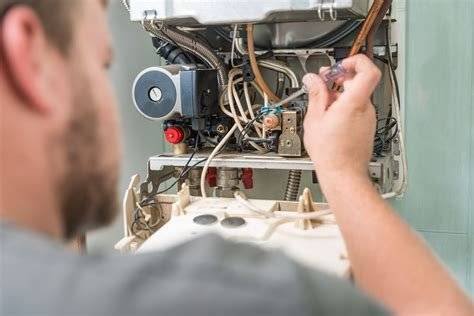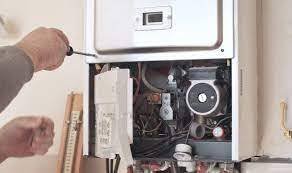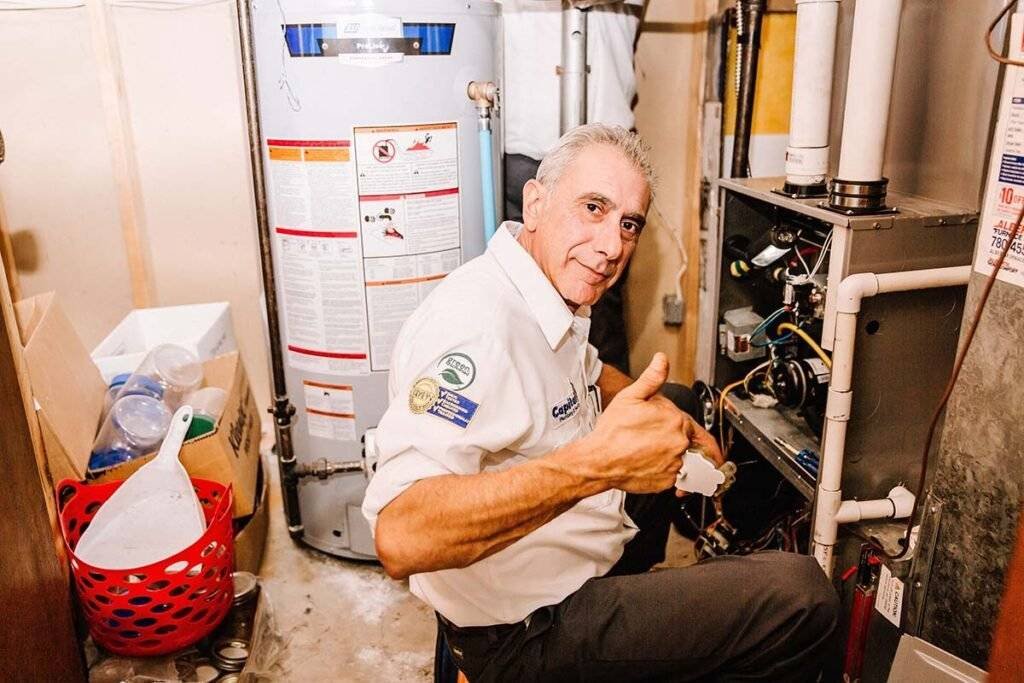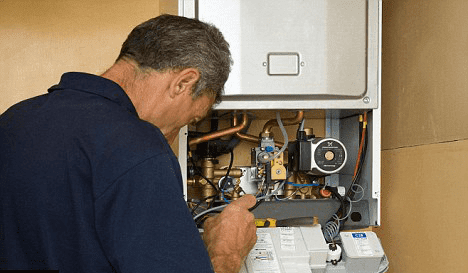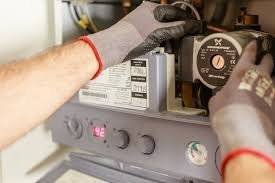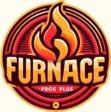Furnace Installation Hay Lakes - Your Dependable Heating Experts
Furnace Pros Plus is your dependable partner for all your heating needs. With years of experience, we focus on delivering superior heating options to keep your home warm and comfortable. Our team of experienced professionals dedicate themselves to offering professional heater setup, upkeep, and repair work services. We understand the value of an effectively operating heating system, especially during the cooler months. We prioritize efficiency, affordability, and customer fulfillment in every task (huge or little). Whether you require a new heater, a routine check-up, or emergency repairs, count on Furnace Pros Plus for reputable and efficient heating services that guarantee comfort and convenience.
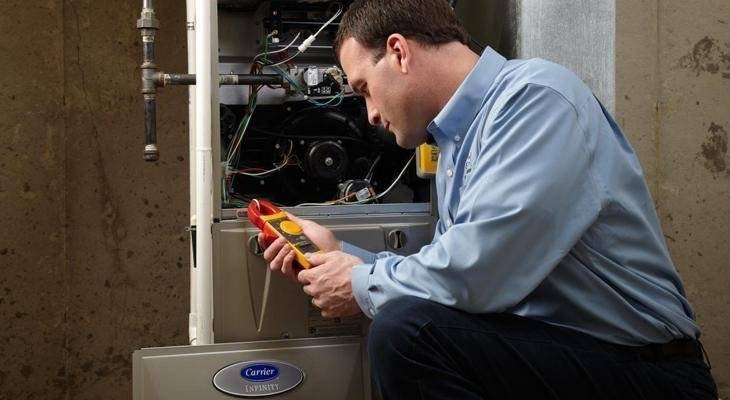
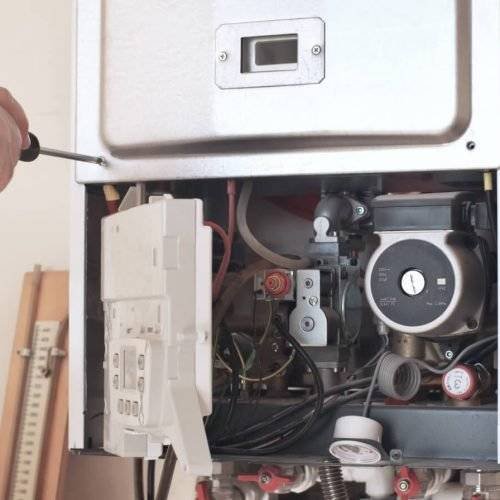
Who Are We?
Residential Heating Installations and Repairs
Furnace Pros Plus stands out as the top heater installation and repair work contractor in Hay Lakes, Alberta, thanks to its unmatched commitment to quality, customer service, and knowledge. With years of experience in the heating and cooling market, Furnace Pros Plus has developed a credibility for delivering dependable and efficient services customized to the unique climate and requirements of Hay Lakes citizens.
The company’s commitment to excellence begins with its team of qualified professionals. Each professional is not only extremely proficient and well-informed about the current heater technology but also devoted to ongoing training and advancement. This ensures that every setup or repair work is carried out with the utmost accuracy and updated strategies, ensuring exceptional efficiency and longevity of your heating unit.
Furnace Pros Plus understands the value of a well-functioning heater, especially during the harsh Hay Lakes winter seasons. That’s why they offer a fast response to guarantee that any heater emergency is dealt with without delay and successfully, reducing discomfort and potential risks. Their 24/7 availability is a testimony to their commitment to customer fulfillment and security.
Moreover, Furnace Pros Plus utilizes only the highest quality items and materials in all their setups and repairs. By partnering with leading makers, they guarantee that every element of your heating unit is durable and efficient, offering optimal heating and minimizing energy costs. This commitment to quality, extends the life of the heater, offering more value for the investment.
In addition to their technical knowledge, Furnace Pros Plus masters customer service. They prioritize clear communication, offering detailed assessments and transparent pricing without surprise charges. Their customized technique indicates that every solution is customized to the particular requirements and budget of their customers, ensuring that you feel valued and pleased with every interaction.
For these reasons and more, Furnace Pros Plus is the top choice for homeowners requiring heater setup and repair work services in Hay Lakes, showing an unbeatable mix of quality, knowledge, and customer-focused service.
How can we help you?
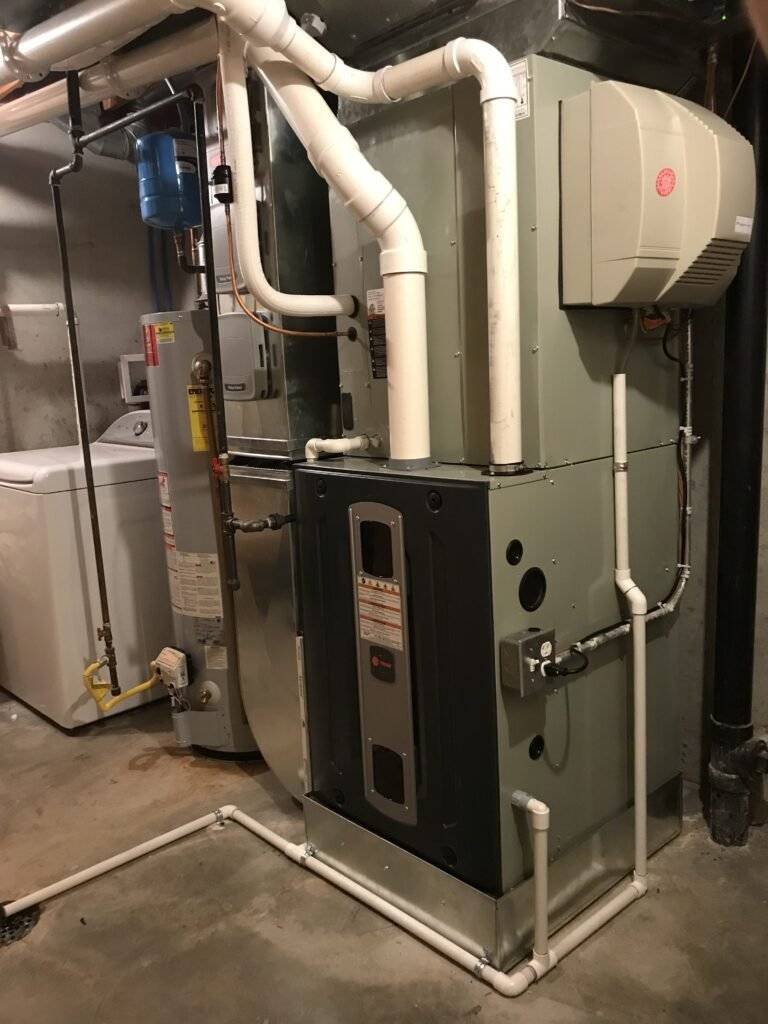
Understanding the Cost of Installing a Modern Furnace
Intro
A functioning heater is necessary when it concerns maintaining a comfy and warm home during the cooler months. However, there comes a time when setting up a new heater is unavoidable.
Understanding the costs associated with this procedure is vital for homeowners to plan and budget appropriately. This comprehensive guide checks out the different elements influencing the expense of setting up a new heater.
Aspects Affecting Heater Setup Expenses
Type of Heater:
- Gas Heating Systems: Popular for their efficiency, they usually cost more upfront but offer lower operating expense.
- Electric Furnaces: They are less expensive than gas heating systems. However, electrical designs tend to have greater operational costs due to electrical energy costs.
- Oil Heating systems: These are less common and can be more pricey due to the expense of oil.
Heater Size and Capability
- Square Footage: The size of your home directly impacts the capability required for the heater.
- BTU Score: Greater BTU scores relate to more effective heating systems, which can increase the expense.
Performance Scores
Yearly Fuel Utilization Performance (AFUE):
Greater AFUE scores suggest much better efficiency but also included a higher price.
Brand and Quality
Top-tier brands often command greater costs due to their credibility for quality and longevity.
Installation Intricacy
- Existing System: Updating from an old system may need extra work and expense.
- Ductwork: The condition and layout of existing ductwork can impact setup complexity.
- Accessibility: Difficult access to the setup website can increase labour costs.
Labour Expenses
Labour costs vary by region. In addition, the complexity of the setup can influence labour costs.
Additional Expenses to Think About
- Permits: Some localities need permits for heater setup.
- Inspections: City bylaws may need post-installation assessments for security compliance.
- Thermostats: Updating to a clever thermostat can sustain extra costs.
Typical Cost of Heater Installation
While costs can vary commonly based on the elements discussed above, here are some average expense ranges for heater setup:
- Gas Heating systems: $2,000 to $5,000.
- Electric Furnaces: $1,000 to $2,500.
- Oil Heating systems: $2,500 to $6,000.
These are rough price quotes and can vary based on particular home requirements.
Cost-Saving Tips.
Research study and Compare.
Acquire numerous quotes from different contractors to guarantee competitive pricing.
Seek Rebates and Rewards.
Look for energy efficiency rebates offered by utility business or government programs.
Think About Long-Term Cost Savings.
Buying a more efficient heater can decrease energy costs in time.
Conclusion
Installing a new heater is a significant investment, and comprehending the costs included is necessary for any homeowner. By considering the kind of heater, setup complexity, labour costs, and extra expenditures, homeowners can much better get ready for this needed upgrade. Keep in mind to look for numerous quotes, explore readily available rebates, and consider long-lasting energy cost savings when choosing.
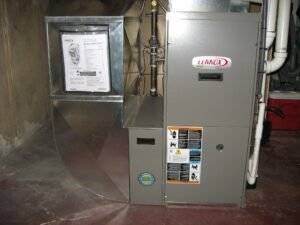
The Right Size Heater for Your Home: A Comprehensive Overview
Intro
Picking the right size heater for your home is vital for ensuring efficient heating and convenience during the cooler months. A heater that’s too little will not keep your home warm, while one that’s too large can trigger unnecessary energy intake and uneven heating. This guide will help you figure out the perfect heater size for your home.
Understanding Heater Sizing: BTU and Performance
We determine the size of a heating system in British Thermal Systems (BTU). One BTU is the energy required to raise the temperature of one pound of water by one degree Fahrenheit. When choosing a heating system, two crucial elements contribute: the BTU score, indicating the heater’s heating capability, and its efficiency score, measured in Yearly Fuel Utilization Performance (AFUE).
Computing Your Home’s Heating Requirements
You must calculate your home’s heating needs to figure out the right heater size. The calculation considers elements like square footage, climate zone, insulation quality, window type, and home layout. Typically, you require roughly 30-60 BTUs per square foot. However, this differs based on your home’s particular qualities.
Environment Zone and Its Influence On Heater Size
Your geographical location considerably influences the heater size needed. Residences in cooler areas, such as Hay Lakes, need more BTUs per square foot than those in milder climates. Consult a heating professional for particular suggestions.
The Function of Home Insulation in Heater Sizing
Great insulation reduces the quantity of heat loss, indicating you can go with a smaller heater. Assess your home’s insulation in the walls, attic, and windows. Updating insulation can be an affordable way to lower heating requirements.
Considerations for Various Types of Heating Systems
There are different types of heating systems, like gas, electrical, and oil. Each type has unique sizing factors to consider. Gas heating systems prevail and efficient, electrical heating systems are more simple and safer but often more pricey to run, and contractors set up oil heating systems where gas isn’t readily available.
Value of Specialist A/c Evaluation
A professional heating and cooling assessment is invaluable. Specialists consider all variables, including ductwork and home layout, to advise the optimal heater size. They can carry out a Manual J calculation, the market standard for determining heating and cooling loads.
Energy Performance and Cost-Effectiveness
Picking a heating system with a high AFUE score is vital for energy efficiency and expense savings. Modern heating systems have AFUE scores in between 80% and 98%, indicating the portion of fuel converted into heating. While high-efficiency heating systems are more pricey upfront, they can lead to significant cost savings in the long run.
Resolving Typical Misconceptions About Heater Sizing
A typical mistaken belief is that a bigger heater is always much better. However, an extra-large heater can lead to short biking, where the heater often turns on and off, minimizing efficiency and life expectancy. Alternatively, an undersized heater has a hard time to warm your home properly.
Long-Term Benefits of the Right-Sized Heater
Selecting the right-sized heater has long-lasting advantages, including constant convenience, lower energy costs, reduced carbon footprint, and fewer upkeep concerns. It’s a balance in between upfront costs and long-lasting cost savings.
Summary: Making an Informed Choice
Picking the right size heater is a choice that impacts your home’s convenience and energy efficiency for years to come. By comprehending the basics of heater sizing and seeking expert assistance, you can make an educated choice that ensures optimal heating for your home.
Keep in mind, the secret to an effective and comfortable home depend on choosing the right heater and regular upkeep and considering other elements like insulation and climate. With this comprehensive guide, you are fully equipped to choose the perfect heater for your home, offering heat and convenience for numerous winter seasons.
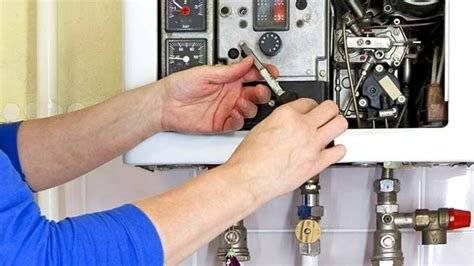
Replace or Repair Heater: A Thorough Overview
Intro
Choosing whether to replace or repair your heater is a significant choice for any homeowner. The choice impacts your immediate convenience and security and has long-lasting financial ramifications. This comprehensive guide will explore different aspects to consider, assisting you make a notified choice.
Understanding Your Heater
Lifespan and Types
Heating systems usually have a life expectancy of 15-20 years. The two primary types are gas and electrical, each with different upkeep and operational costs.
Signs of Trouble
Typical signs that your heater may require attention include uncommon noises, irregular heating, and increased energy costs.
When to Think About Repairing Your Heater
Repair work is often the very best choice for minor concerns or heating systems that are fairly new and still under guarantee.
Cost-Effectiveness
Repairing can be more economical for minor concerns. However, regular repairs might show a much deeper problem.
Ecological Impact
Repair work often have a lower ecological effect than changing the entire unit.
When Replacement is the Very Best Option
You need to consider replacement if your heater is near the end of its life expectancy, repairs are ending up being increasingly pricey, or if it could be more energy efficient.
Long-lasting Cost Cost Savings
While the preliminary expense is greater, a new heater can be more energy-efficient, conserving you cash on energy costs.
Technological Improvements
More recent designs include sophisticated technology, such as wise thermostats, which offer much better temperature control and efficiency.
Weighing Your Alternatives
Cost Analysis
Compare the expense of repairs in time versus the one-time expenditure of a new heater.
Energy Performance
Assess how your existing heater’s efficiency is impacting your energy costs.
Home Worth
Consider how a new heater might increase the value of your home, especially if you prepare to sell in the future.
Professional Guidance
Seeking Professional Opinion
Seek advice from heating and cooling professionals to assess the state of your existing heater and get price quotes for repair work and replacement.
Value of Regular Maintenance
Regular upkeep can extend the life of your heater, whether you choose to repair or replace it.
Summary
In conclusion, choosing to repair or replace your heater depends upon different elements, including age, condition, expense, and energy efficiency. By considering these elements and seeking expert guidance, you can make a decision that ensures convenience, security, and financial vigilance for your home.
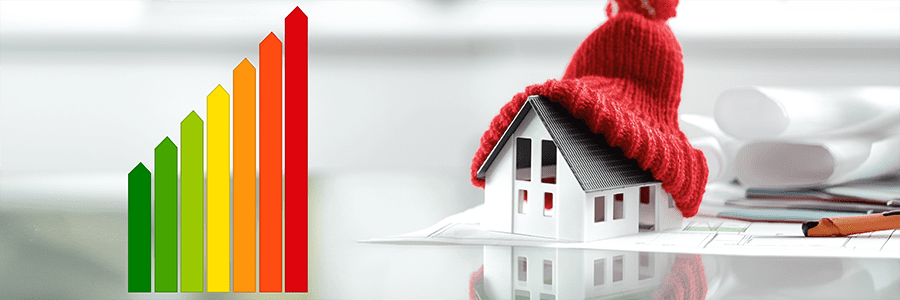
What Season is the Most Affordable to Change Your Heater?
Will a Modern Energy-Efficient Heater Reduce Your Residence Insurance?
Intro
Home upkeep can be a significant investment, especially when it involves vital systems like heating. One of the most considerable costs homeowners deal with is changing their heater. However, timing this replacement can lead to significant cost savings. This article checks out the very best season to replace your heater, considering cost-effectiveness and practicality.
Understanding Heater Replacements
The Need for Replacement
Before diving into timing, it’s essential to understand why and when you need to replace your heater. Typical indicators include regular repairs, heating ineffectiveness, and the unit’s age (normally beyond 15-20 years). Replacing an out-of-date or malfunctioning heater improves heating efficiency and ensures security and convenience during cooler months.
Aspects Affecting Heater Costs
Several elements impact heater costs, including the kind of heater, brand name, capability, and the complexity of setup. Seasonal demand is another significant aspect, often overlooked, yet it plays an important function in determining the expense.
Best Time for Replacement: Off-Season
Why Pick Off-Season?
The off-season, mainly spring and early fall, is typically the most affordable to replace a heating system. The demand for heating systems is lower during these periods than during the peak winter months. Lower demand often leads to more competitive pricing from makers and installers.
Benefits of Off-Season Replacement
- Lower Expenses: Decreased demand can lead to discount rates and more customer negotiating power.
- Schedule of Technicians: heating and cooling professionals are less busy during these times, ensuring more versatile scheduling and quicker setup.
- Sufficient Time for Research study: The off-season offers homeowners adequate time to research different heater designs and options without the pressure of immediate need.
Planning Ahead
Making use of the off-season needs preparation. Anticipate the need for replacement and schedule it when the demand is low. This insight conserves cash and avoids the trouble of a heating system breaking down in the middle of winter.
Winter: The Peak Season
Challenges of Winter Replacement
- Greater Costs: The demand for heater setup and repair work peaks during winter, causing greater costs.
- Hectic Schedules: Finding a specialist might be more difficult, and you might have to wait longer for a consultation.
- Emergency Replacements: If your heater breaks down in winter, you might have to go with an immediate replacement, which leaves little room for expense contrast or settlement.
Other Considerations
Energy Performance and Rebates
Buying energy-efficient designs might be more pricey upfront but can lead to long-lasting cost savings. Likewise, watch out for rebates and tax credits offered for energy-efficient home enhancements.
Value of Regular Maintenance
Regular upkeep can prolong the life of your heater, postponing the need for replacement. It’s an important element of home care that you need to focus on.
Summary
Timing your heater replacement can lead to significant cost savings. The off-season, particularly spring and early fall, is usually the most economical duration for this investment. Planning, considering energy efficiency, and maintaining your existing heater can optimize expenditures and guarantee a warm, comfortable home.
Intro
Homeowners often ponder whether updating their home appliances and systems can lead to cost savings on their home insurance coverage premiums. One common question is whether setting up a new heater lowers home insurance coverage costs. This article looks into how a new heater setup might impact your home insurance coverage, using insights into insurance plan, threat management, and potential cost savings.
Understanding Residence Insurance Premiums
Before diving into the specifics of heating systems and insurance coverage, it’s vital to understand what elements influence home insurance coverage premiums. Insurance companies assess different elements, including:
- Property Age and Condition: Insurance coverage Representatives see newer homes with upgraded systems as lower risks.
- Location: Geographic location and local climate can considerably impact insurance coverage rates.
- Security Features: The existence of alarms, smoke detectors, and other security devices can decrease premiums.
The Impact of a New Heater on Residence Insurance
Installing a new heater in your home can have several ramifications for your home insurance coverage:
- Decreased Danger of Fire and Gas Leakages: Modern heating systems with sophisticated security features minimize risks like fire or gas leakages. This threat reduction can be beneficial in the eyes of insurance coverage service providers.
- Improved Energy Performance: Newer heating systems are often more energy-efficient, causing lower utility costs and a decreased ecological footprint, indirectly affecting insurance coverage factors to consider.
- Boosted Home Worth: Updating to a new heater can increase your home’s market value, which might impact the coverage you require.
Prospective Insurance Discount Rates
Some insurer offer discount rates for home enhancements that lower threat. These might include:
- Protective Gadget Discounts: You might get approved for a discount rate if your new heater contains sophisticated security features.
- Green Residence Discounts: Some insurance companies supply special discount rates for setting up energy-efficient appliances.
Documentation and Appraisal
To leverage a new heater setup for insurance coverage advantages, consider the following:
- Professional Setup: Ensure a certified expert installs your heater, which can be a prerequisite for insurance coverage advantages.
- Keep Records: Preserve all receipts and documentation for the heater purchase and setup.
- Inform Your Insurer: Inform your insurer about the upgrade. They may need an evaluation or extra documentation.
Considerations Before Updating
While a new heater can offer advantages, consider the following:
- Cost vs. Advantage Analysis: Examine if the long-lasting cost savings on insurance coverage and energy costs justify the preliminary expense of a new heater.
- Insurance Plan Review: Speak to your insurance coverage representative to understand how a new heater might particularly impact your policy.
Summary
Updating to a new heater can decrease your home insurance coverage premiums by minimizing threat and boosting your home’s security and efficiency. However, the effect differs based on specific insurance plan and the particular features of the heater. It’s recommended to talk to your insurance coverage supplier to understand the complete advantages and ramifications of a new heater setup.
Frequently asked questions
Q: How much can I save money on my home insurance coverage by setting up a new heater?
A: Savings vary based on the insurance coverage supplier and the particular features of the new heater. Seek advice from your insurance coverage representative for detailed details.
Q: Exist any particular types of heating systems that are more beneficial for insurance coverage discount rates?
A: Heating systems with sophisticated security features, high energy efficiency scores, and those that satisfy particular ecological requirements are often more beneficial.
How to Get ready for a Furnace Installation
Installing a new heater in your home is a significant investment and an important upgrade to your home. It enhances the convenience of your home and improves energy efficiency. Proper setup preparation is vital to guarantee the setup procedure is smooth and trouble-free. This article will guide you through the needed actions to get ready for a heating system setup.
Understanding Your Heating Requirements
Evaluating Your Area: The primary step is to assess the size of your area and understand the heating requirements. A too-large or too-small heater for your home can lead to ineffectiveness and greater energy costs. Consulting with a heating expert to figure out the right heater size is important.
Picking the Right Heater: There are different heating systems, including gas, electrical, and oil. Each has pros and cons; the choice depends upon your location, budget, and personal choice. Research study and talk to specialists to make a notified choice.
Pre-Installation Preparation
Selecting a Certified Installer: We can not overemphasize the value of picking a qualified and experienced installer. Look for professionals with great evaluations and proper certification. They will guarantee a correct setup and guide you through the procedure.
Clearing the Area: Ensure the location where you prepare to set up the heater is clear of any clutter. A clean location provides simple access to the setup team and accelerate the procedure. Eliminate any valuable or fragile products from the area to avoid unintentional damage.
Preparing for Downtime: Depending upon the complexity of the setup, your heating system may be down for a couple of hours to a day. Plan appropriately, especially if the setup is during cooler months.
During Setup
Access to Your Home: Ensure the installers have simple access to your home, that includes ensuring that parking is readily available and a clear path to the heater location.
Communication: Stay readily available to respond to any questions the installers might have. Clear communication can help deal with any concerns quickly and guarantee your setup goes as prepared.
After Installation Checks
Examine the Installation: Once the setup is complete, check the work with the installer. Ensure that the setup is complete and that the location is clean.
Understanding the System: Have the installer describe the performance of the new heater, including how to change filters and the fundamental troubleshooting actions.
Warranty and Documentation: Guarantee you receive all needed documentation, including guarantee details and operating handbooks. Keep these files in a safe place for future reference.
Conclusion
Preparing for a heating system setup involves comprehending your heating needs, choosing the right heater, and picking a qualified installer. By following these actions, you can guarantee a problem-free setup procedure and take pleasure in the convenience and efficiency of your new heating system for years to come. Keep in mind, a little preparation goes a long way in ensuring a smooth and effective heater setup.
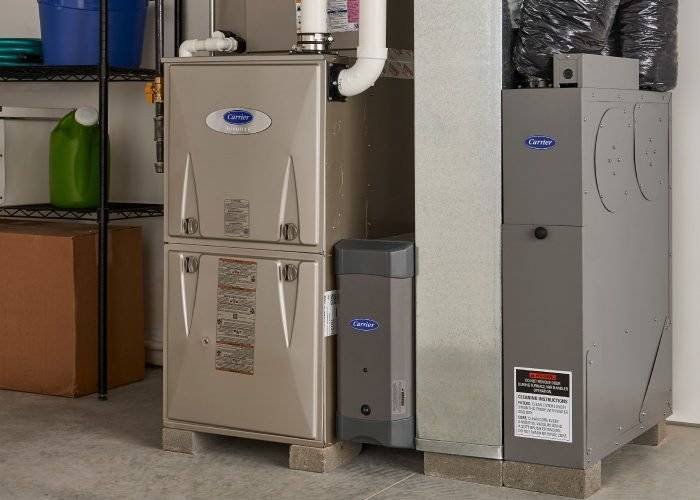
Our Work
